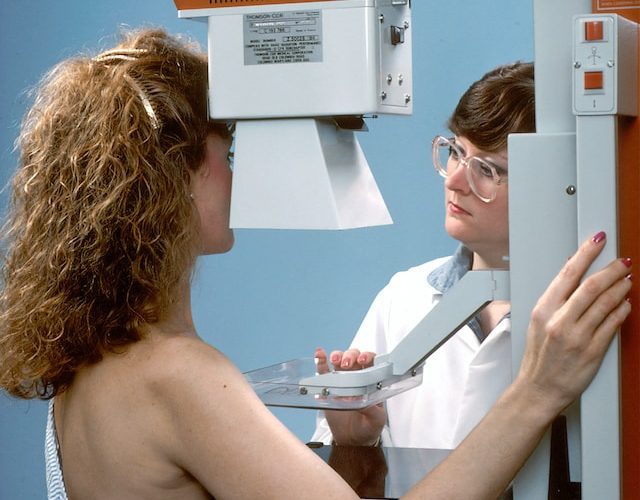The United States Preventive Services Task Force, an independent panel of medical experts, recently recommended that women should start getting regular mammograms at the age of 40, rather than the previous recommendation of 50. The new guidelines have been praised by breast cancer advocacy groups, but some medical professionals are concerned about potential harms.
Breast cancer is one of the most common types of cancer among women, and mammograms are an important tool for early detection. The previous recommendation of starting mammograms at age 50 was based on the idea that the potential harms of screening outweighed the benefits for women in their 40s, such as false-positive results and unnecessary biopsies.
However, the new guidelines take into account advances in mammography technology and the fact that breast cancer risk increases with age. The panel recommends that women in their 40s should talk to their doctors about their personal risk factors and make an individual decision about when to start mammography screening.
Breast cancer advocacy groups have praised the new guidelines, saying that they will save lives by detecting breast cancer earlier. The American Cancer Society has been recommending annual mammograms starting at age 40 for several years, and the new guidelines align with their recommendation.
However, some medical professionals are concerned about potential harms, such as overdiagnosis and overtreatment. Overdiagnosis occurs when a mammogram detects a small breast cancer that would not have become life-threatening, leading to unnecessary treatment such as surgery, radiation, and chemotherapy. Overtreatment can also occur when a mammogram detects a slow-growing cancer that would not have caused harm in the woman’s lifetime, leading to unnecessary treatment that can have negative side effects.
The panel acknowledges these potential harms and recommends that women make an individual decision about screening based on their personal risk factors. Women with a higher risk of breast cancer, such as those with a family history of the disease or certain genetic mutations, may benefit from starting mammograms earlier.
The new guidelines are expected to have a significant impact on breast cancer screening and treatment. More women in their 40s are likely to undergo mammograms, potentially leading to earlier detection of breast cancer and better outcomes. However, it is important to weigh the potential benefits and harms of screening and make an informed decision with the guidance of a healthcare provider.
In conclusion, the new recommendation from the United States Preventive Services Task Force that women should start getting regular mammograms at the age of 40 is a significant development in breast cancer screening. The guidelines take into account advances in mammography technology and the fact that breast cancer risk increases with age. While breast cancer advocacy groups have praised the new guidelines, some medical professionals are concerned about potential harms such as overdiagnosis and overtreatment. Women should make an informed decision about screening based on their personal risk factors and with the guidance of a healthcare provider.












